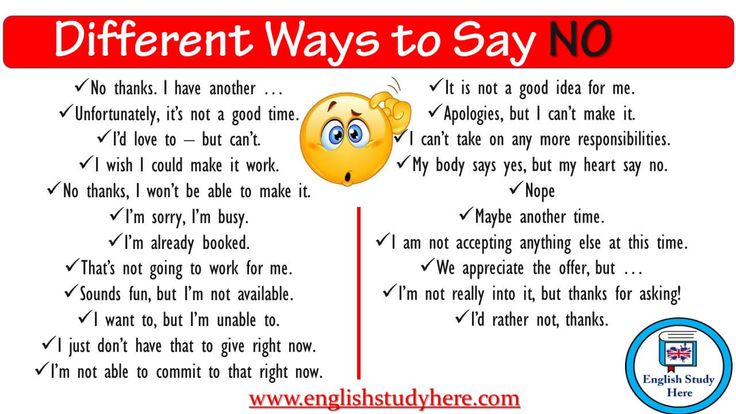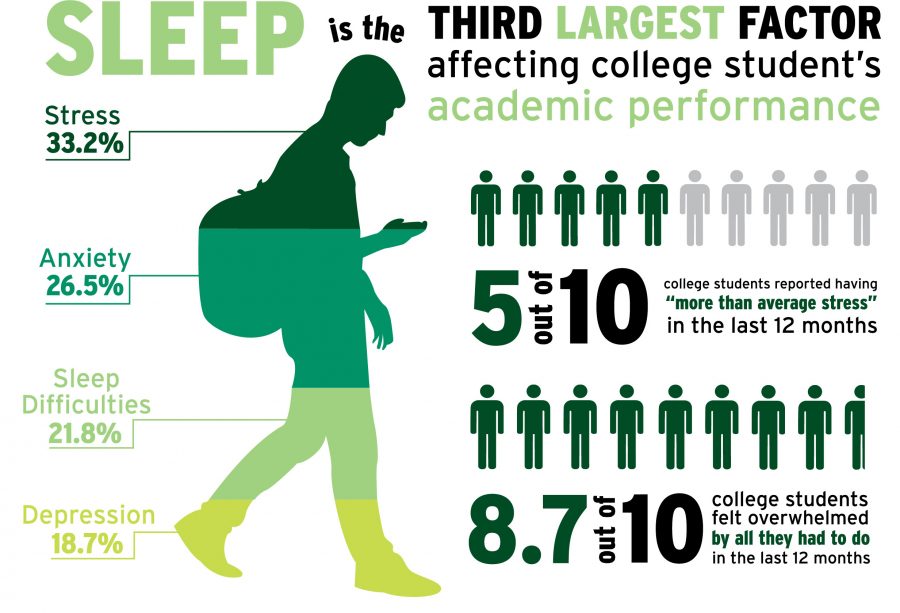I have the right to say no
You Have the Right to Say No
Ready to take the initiative & join our newsletter?
Sign Up Now
Mind & Meaning
Posted by:
Team Tony“No” – it’s a small word that packs a lot of power. It carries with it an invisible force that can make it feel like overly oppressive, or even like a dirty word. We’re often taught that saying “no” is a negative thing, that it hurts those around us and causes us to miss out on new, exciting opportunities. It’s no wonder so many people are uncomfortable saying it.
But the truth is, when you say “no,” you’re not saying “I hate you,” and you’re not insulting someone, you’re simply exercising your right to say “no.” Because it is a right, not a privilege.
The power of no
So, why do so many people have an issue telling someone else “no”? The truth lies not in the obvious – a need to please – but rather in the fact that some of us have the tendency to put others’ objectives above our own. Our inability to say “no” stems from the fact that we want to reassure and make others feel comfortable is a notion you need to shake, immediately. Being unable to say “no” is not only unfair to ourselves, but it can be unfair to the other person as well.
Disregarding our own feelings and needs seems like the unselfish thing to do. After all, we are taught to give, not take. But, just because it’s easier to say “yes” doesn’t mean we should. Think about times when you’ve agreed to do something, be it in your professional or personal life, and later resented yourself or the person who asked you for something later. How did that make you feel? Didn’t you wish you could go back in time and tap into your right to say no?
Learning to say “No”
Sometimes giving yourself a moment to pause, assess the situation and decide if it’s really beneficial to you and others is a much stronger option.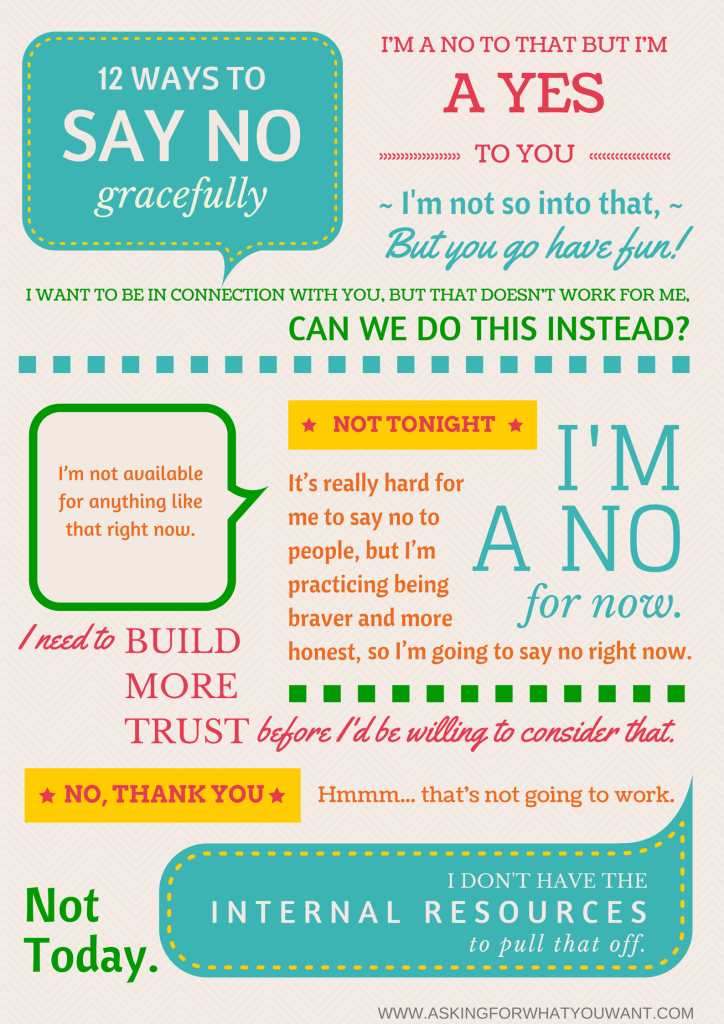 What if “no” would result in a better outcome for both parties? Saying “no” doesn’t have to mean you’re being self-serving. Say, for instance, a coworker asks you to crank out a last minute project over the weekend. You could agree to do so immediately, as you want to be seen as a team player. But when you really think about it, there are flaws in your coworker’s idea. If you follow through on this project, you’ll not only be wasting your time working on something that hasn’t been properly thought out, but you’ll also be taking time away from your family and friends over the weekend. The power of no can be beneficial for all parties involved sometimes.
What if “no” would result in a better outcome for both parties? Saying “no” doesn’t have to mean you’re being self-serving. Say, for instance, a coworker asks you to crank out a last minute project over the weekend. You could agree to do so immediately, as you want to be seen as a team player. But when you really think about it, there are flaws in your coworker’s idea. If you follow through on this project, you’ll not only be wasting your time working on something that hasn’t been properly thought out, but you’ll also be taking time away from your family and friends over the weekend. The power of no can be beneficial for all parties involved sometimes.
Of course, if a hard “no” is still too difficult to say, there are other ways to state it. For instance: “I choose not to,” “Not at this time” and “That will not work for me” are all different ways to say “no” that don’t feel quite as harsh. Practice turning others down and get more comfortable in your right to say no. And remember, it
is your right to decide how you spend your time.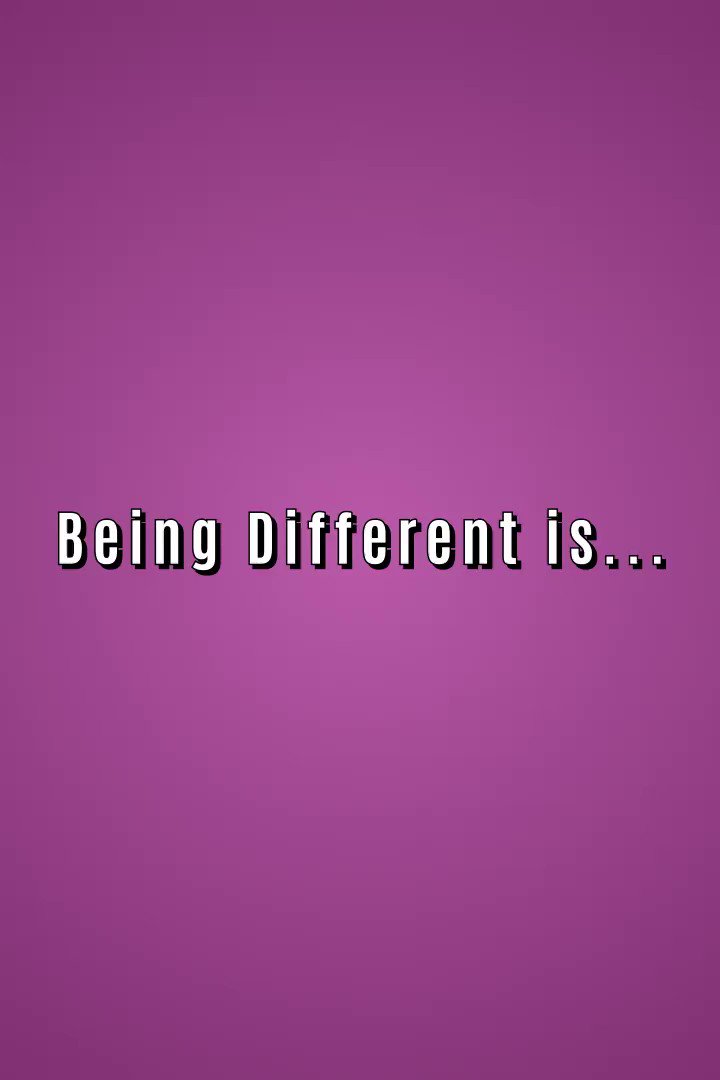
In the end, remember, it’s your right to say no. It doesn’t mean you’re exercising some sort of immutable ego trip. It means you’re saying “no” because the proposed ask doesn’t suit your schedule or beliefs – and that’s okay.
Header image ©Gajus/shutterstock
Article image © Family Business/shutterstock
Team Tony
Team Tony cultivates, curates and shares Tony Robbins’ stories and core principles, to help others achieve an extraordinary life.
featured collections
related posts
close
By entering your information on the Tony Robbins website, you agree that we may collect and use your personal information for marketing, and for other purposes, as set forth in our Privacy Policy, which we encourage you to review.
This website uses cookies to personalize your experience and target advertising.. By continuing to use our website, you accept the terms of our updated policies
Why Saying No in Your Relationship Is a Good Thing
Many of us hate hearing the word “No. ” And many of us don’t like saying it either. You might be especially uncomfortable with saying no to your partner. Often people think that going along with their partner’s requests will be good for their relationship.
” And many of us don’t like saying it either. You might be especially uncomfortable with saying no to your partner. Often people think that going along with their partner’s requests will be good for their relationship.
Less disagreement equals less conflict, they assume. Some people don’t even get that far. They just have a hard time voicing their opinions or needs altogether.
But saying yes all the time when you don’t really mean it can actually backfire and damage your relationship. For instance, it can build resentment, according to Andrew Wald, LCSW-C, a psychotherapist who works with couples and co-author of Togetherness: Creating and Deepening Sustainable Love. You also may become enmeshed as a couple and less of your own person, he said.
By saying no, you’re creating a boundary. And boundaries are essential for any healthy relationship. Unfortunately, boundaries tend to get a bad rap, Wald said, because they’re viewed as keeping partners away from each other.
But it’s just the opposite. Boundaries help you better understand your partner, know their needs and respond to them – thereby bringing you that much closer.
The reality is that everyone’s needs are different. Wald shared an example from his own 39-year marriage. When they were just newlyweds, Wald’s wife fell off her bike coming around a corner. He jumped off his bike and raced over to her. But before he could help, she put her hand up and told him to stay away. Wald was taken aback and felt rejected.
When they talked about it later that night, his wife explained that she was used to and preferred comforting herself. What Wald thought was a kind gesture felt like an intrusion to his wife. Wald’s wife also prefers being left alone when she’s sick, while he prefers attention and affection. Both of them do their best to honor each other’s different needs.
Remember that you deserve to have your own — and different — opinion and to voice it, Wald said. Articulating a different point of view doesn’t mean you’re asserting that you’re better than your partner; it means you’re not less, he said.
Also, keep in mind that setting a boundary isn’t the same as saying no to your relationship. Rather you’re saying no to a specific idea or event, he said. Speak up when something negatively affects your well-being or sense of self, he said.
Take the example of a husband who wanted to have sex every night. His wife felt horrible about herself, and finally talked about it with her husband. If she hadn’t, she’d continue to feel bad, which would chip away at her self-esteem, Wald said.
It also could be as simple as needing some alone time when you get home from work. Rather than your partner thinking that you’re avoiding them, let them know that you just need 20 minutes to unwind, Wald said.
Saying no is a way of nurturing and empowering yourself, he said. And it encourages your partner to do the same, he said. This also creates good will, he added. Neither partner feels taken advantage of. Also, both partners can focus on practicing good self-care.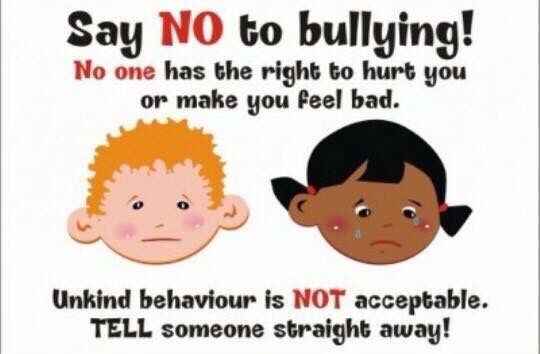
It’s important to talk about your boundaries with “love, care and empathy,” Wald said. And only have discussions when you’re both calm. If your conversation is escalating, he suggested taking a time-out and considering how you can improve your talk.
Saying no might seem like taking a negative stance. But it’s actually a good thing for you, your partner and your relationship.
Further Reading
These are additional articles on creating boundaries and not being a people-pleaser (at least not so much):
- 10 Ways to Build and Preserve Better Boundaries
- 21 Tips to Stop Being a People-Pleaser
- Just Say No: 10 Steps to Better Boundaries
- The Importance of Personal Boundaries
- 10 Tips for Setting Boundaries Online
- 5 Tips to Increase Your Assertiveness
- Standing Up For Yourself: From a Recovering People-Pleaser
You have the right to say "no" to other people
| Soul healing
Print article
You always have the right to say no.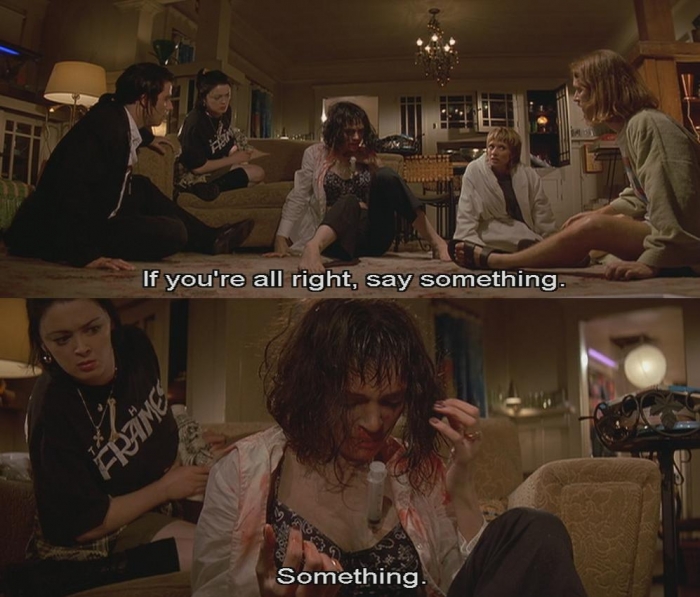 Yes, you have the right to say this word out loud! Under any circumstances, whoever the second person is. Moreover, it is your duty to refuse other people what you do not want to do for them, are not ready, cannot. You can also refuse if it goes against your plans, principles, if it interferes with the fulfillment of your main duties. You have the right to say “no” when you feel that you are sitting on your neck, when you agreed to do something insignificant for a person, and he gradually dumps more and more on you. If you feel uncomfortable, you can always say no. Or even - should say it.
Yes, you have the right to say this word out loud! Under any circumstances, whoever the second person is. Moreover, it is your duty to refuse other people what you do not want to do for them, are not ready, cannot. You can also refuse if it goes against your plans, principles, if it interferes with the fulfillment of your main duties. You have the right to say “no” when you feel that you are sitting on your neck, when you agreed to do something insignificant for a person, and he gradually dumps more and more on you. If you feel uncomfortable, you can always say no. Or even - should say it.
If you are asked for help, this means that you can either agree or refuse. You have every right to do so, even if the other party is not ready for your refusal. Don't take on too much, okay? An adult can independently understand their experiences and expectations. Let him be offended, if not quite an adult, this is his responsibility. Yours is not to take on too much. Be honest with yourself.
The Bhagavad-gita (chapter 3, text 35) says:
"It is much better to fulfill one's own duties, even if imperfectly, than to perfectly fulfill someone else's."
Do your duty and cut off everything superfluous without wasting your energy in vain. The most important thing is to be in your place and in harmony with yourself. And this does not mean to be for everyone and always good.
It is not customary for us to discuss relations, clarify expectations. It is much easier to ask without implying that a person can refuse, and then be offended and put pressure on his guilt, so that next time he agrees and endures. Easier and more profitable. Many people do this, we do it ourselves, automatically, without noticing. Especially with those closest to you.
Our habit from childhood to be good to everyone plays into the hands of such situations. You know, when my mother in her fifties calls me and happily informs me that she was able to refuse someone, I know that this is a huge victory for her.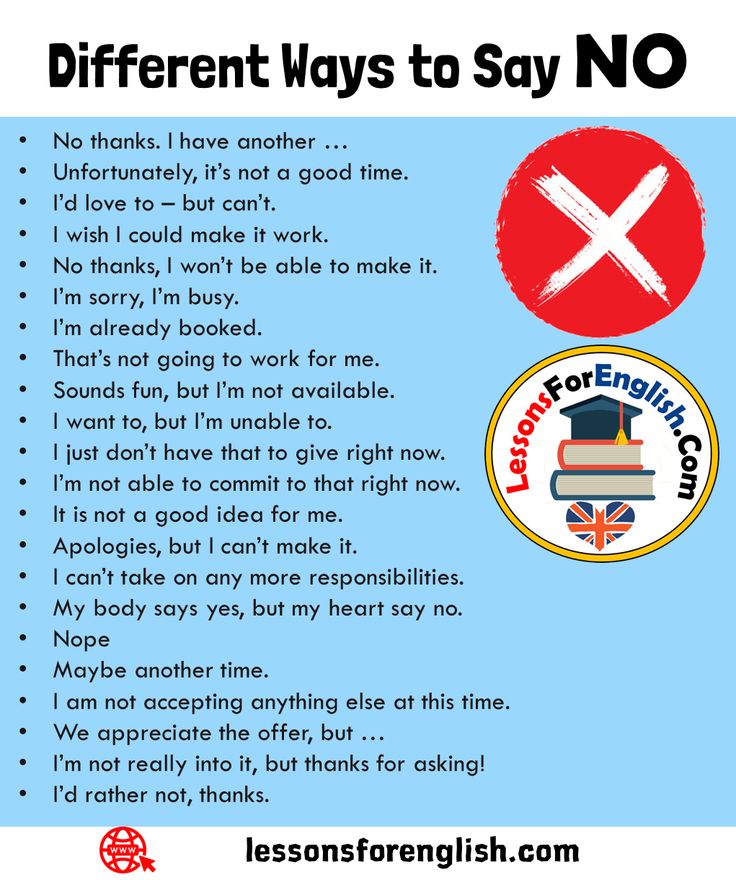 And I rejoice with her. Because for the previous fifty she had never refused anyone anything. No friends, no colleagues, no relatives, no bosses, no neighbors. Any person could ask her for anything and know that she would break into a cake, but she would do it. Even if you have to sacrifice your interests, your sleep, your nerves.
And I rejoice with her. Because for the previous fifty she had never refused anyone anything. No friends, no colleagues, no relatives, no bosses, no neighbors. Any person could ask her for anything and know that she would break into a cake, but she would do it. Even if you have to sacrifice your interests, your sleep, your nerves.
Even when she had a serious accident and lay at home with cut glasses on her face and hands, her relatives came to her birthday with “congratulations”, whom she got up and began to feed and court. Couldn't refuse. I tried to hint subtly, but no one understood the hints. It seems that this was the last of the birthdays that she celebrated at home.
If you never say "no", your "yes" is worthless. You must learn to refuse. There are so many cases when girls even sleep with someone they wouldn’t want to sleep with, but it’s somehow inconvenient to refuse, after all, he took him to a cafe, courting. How many options when we can’t find what to answer to arguments like “is it difficult for you?”, “Are you sorry?”. So you can give a kidney to someone - you have two, is it a pity or what?
So you can give a kidney to someone - you have two, is it a pity or what?
You can refuse help and advice when you don't need it. You can refuse someone else's interference in your life and your affairs.
You can say "no" even to the closest people. Even if it surprises, shocks or offends them.
At first, your "no" can be very timid, insecure, or hysterically emotional. It has the right to be anything, especially at the initial stage. Of course, over time, it is desirable to learn how to choose words, emotions and intonations so that your refusal does not hurt so much. But first you need to learn to allow yourself to refuse altogether. And yes, many at the very beginning begin to give up everything, indiscriminately, which also passes. “No” is only one of the options, there is also a “yes”. And when “yes” is your inner desire, and not a social obligation, it brings joy no less. For now though, let's go back to no.
But for some reason we are very much afraid of refusing. What will they think of me? But what about the relationship? And there are awkward situations.
What will they think of me? But what about the relationship? And there are awkward situations.
- My husband's parents want to pay for our wedding, but then everything should be the way they want. And I don’t want such a wedding, but it’s inconvenient to refuse - all relatives will be offended.
- I couldn't tell him no and he took it as a call to action. According to my feelings, he raped me, in his opinion - everything was voluntary.
- My sister thinks that I should help her with money, although we don't have much of it. She does not work and is not going to. And she is offended if we do not give her as much as she asks.
- Mom wants to come help after giving birth for a few months, but I don't want to, but I'm afraid to refuse.
- A neighbor asked me to paste wallpaper for her, and I spent my entire vacation on this. Although my own house has not been renovated for ten years.
- Relatives came to visit, in our kopeck piece, where we already live with my husband and our children.
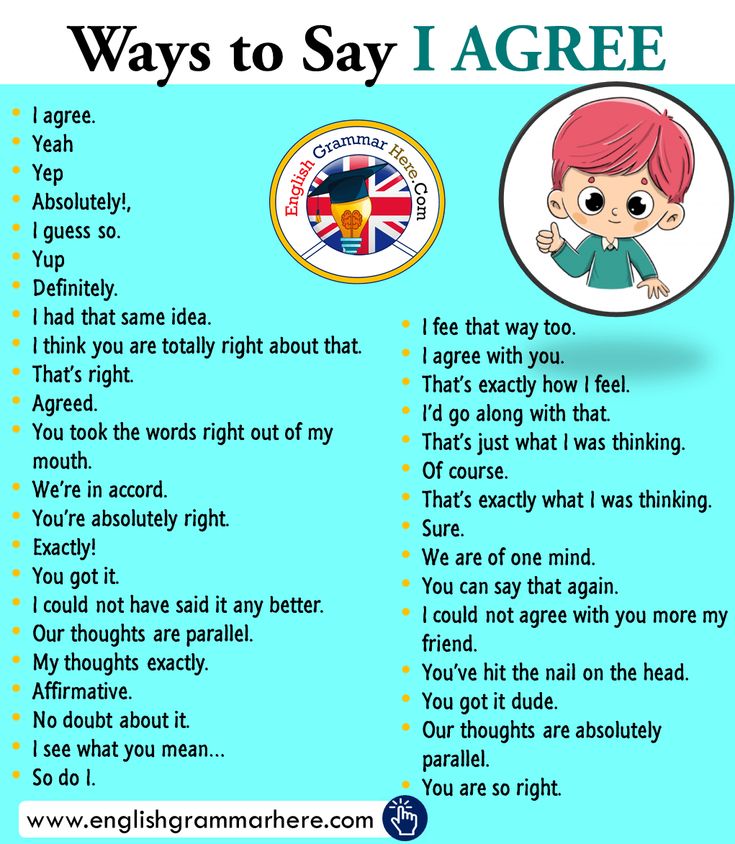 They live for a week when they leave incomprehensibly. They do not want to rent an apartment, it is convenient for them. And I can't live like this anymore. But you won't get kicked out.
They live for a week when they leave incomprehensibly. They do not want to rent an apartment, it is convenient for them. And I can't live like this anymore. But you won't get kicked out. - We dated a guy for half a year, he was nice to me, although I didn’t love him, but when he insistently invited me to bed, I couldn’t say no. After all, he has already spent so much time on me.
- My husband forces me to watch adult films with him, and I watch it, although it is disgusting and unpleasant for me. But I endure so as not to offend him.
- A friend asked for a loan, and I gave it, although I knew that she would not give it back, and the money was set aside for something very important to me. But she couldn't refuse. And she still hasn’t returned the money, and I’m afraid to ask her about it, it’s somehow inconvenient.
- Parents want to take their older child home for a few months after the birth, but I don't want to. And I can't say it out loud.
- The management requires me to work on Saturdays, although this is not paid in any way.
 I don’t want to spoil the relationship, they still work. I have to give my son to my grandmother, and then on Sunday I lie in bed, I have no strength for anything.
I don’t want to spoil the relationship, they still work. I have to give my son to my grandmother, and then on Sunday I lie in bed, I have no strength for anything.
These are just examples. Every day there are situations in which you need to make a decision. Agree? Refuse? There will be consequences here and there. In one case, you need to do something, in the other - to understand your feelings. And for us, far from feelings and emotions, it is sometimes easier to do something, even through force, than to work with our guilt later. Although it is treated only by the practice of refusal and allowing yourself to say no. When you repeat like a mantra: "I have the right to say no, that's fine."
And yes, you should not make excuses and look for reasons, excuses, why you say no. One of your “I don’t want” is already significant and enough for a refusal. Over time, you will learn to feel it inside yourself, and even in your most quiet and calm “no” there will be enough strength for a person to understand everything.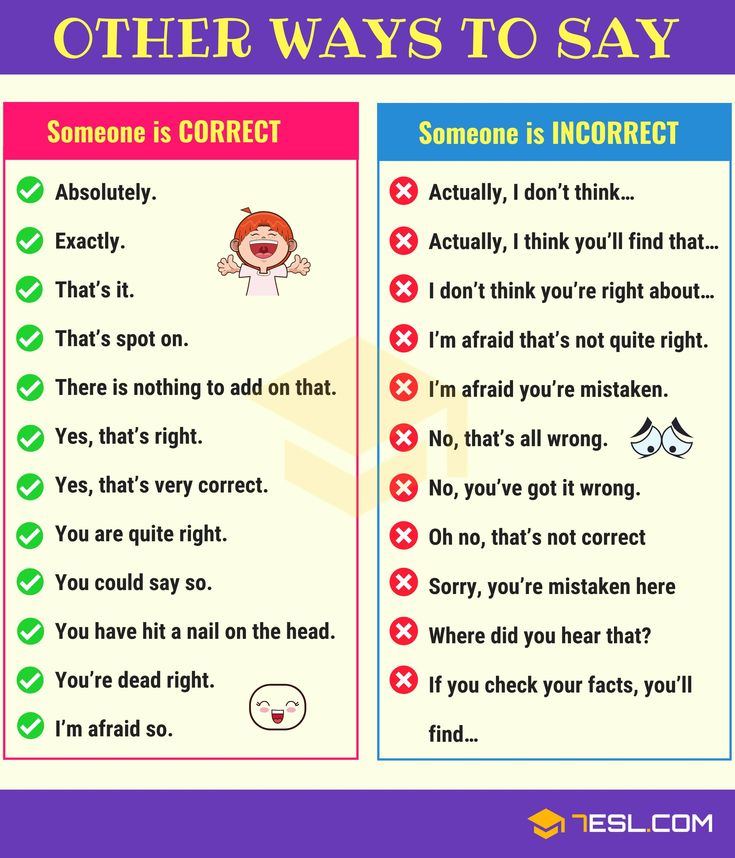 Remember how in "The Heart of a Dog" Professor Preobrazhensky refused to help the poor children of Africa? He was asked, they say, why don't you feel sorry for the children? To which he said: “I feel sorry for the children. But I do not want". And that's it. Just "I don't want to" is enough.
Remember how in "The Heart of a Dog" Professor Preobrazhensky refused to help the poor children of Africa? He was asked, they say, why don't you feel sorry for the children? To which he said: “I feel sorry for the children. But I do not want". And that's it. Just "I don't want to" is enough.
There is always a lot of energy and strength behind such a refusal. If you agree, you will feel like a squeezed lemon, used and broken.
If you learn to refuse, it's like you have an extra battery.
Only the guilt that will tell you that good girls don't do that can spoil it. But the feeling of guilt will get tired of you “gnawing” if you clearly keep your line. Like, guilt, hello, hello! I see you, of course, but you can go on, I did nothing wrong. I have every right to do so!
We still live on the program of good girls who never get angry, never refuse, never upset (and they are never happy - but for some reason no one told us about this). Forget it. There are no good girls. There are happy ones and not so happy ones. So the happy take care of themselves, they know how to feel themselves and refuse. They often refuse not very good and alien for the sake of the best and their own. The only way. And if you want to be happy too, it's time to learn to say no.
Forget it. There are no good girls. There are happy ones and not so happy ones. So the happy take care of themselves, they know how to feel themselves and refuse. They often refuse not very good and alien for the sake of the best and their own. The only way. And if you want to be happy too, it's time to learn to say no.
By turning down the wrong man, you create an opportunity for both of you to find your man in this life. By refusing your parents, you can finally become adults. By denying something to your own children, you can gain more authority in their eyes. By refusing to help a friend, you have a chance to strengthen your relationship or understand now that your paths have diverged. By turning down your boss, you can find your way in life. Behind each refusal there is always a huge scope of opportunities for the development of all parties involved in this process.
Keep in mind the ultimate goal - harmony within, the fulfillment of your duty, following your path - and it will become much easier to refuse.

You have the right to say "no" at any time to any person. And it is very important to teach this to our little girls so that they can avoid many women's problems. Don't be afraid that one day they will say "no" to you too. Do you want to see them happy? Then it’s time to start thinking about how you can set a good example for them.
Do you know how to say "no"?
Olga Valyaeva - valyaeva.ru
Please share the article in your favorite social network or messenger. This is very important
Three reasons to say “no” more often — Work.ua
They say that it is much more difficult to refuse people than to agree to their requests and proposals. But sometimes it’s better to say a resounding no than to deal with the consequences of bad decisions later.
Are you more likely to refuse or accept offers that you don't find particularly attractive, even if they come from your boss, colleagues or friends?
We at Work. ua believe that sometimes it is better to give up on a dubious adventure, because in the end you will have to answer for the decisions you make, and not your friends and bosses. And we share with you our advice on how to gently but confidently refuse people their requests.
ua believe that sometimes it is better to give up on a dubious adventure, because in the end you will have to answer for the decisions you make, and not your friends and bosses. And we share with you our advice on how to gently but confidently refuse people their requests.
No. And I'm not ashamed
More often than not, we agree to something we don't really want, under the pressure of a sense of duty. And this is certainly correct. But only until the situation goes beyond.
How can I refuse Stepan Efimovich if he is the only one who hired me during the crisis in my life?
We suggest looking at the situation from a different angle. Yes, Stepan Efimovich really helped at a difficult moment in life, but you didn’t remain in debt either. Who helped his firm stay afloat? Who introduced new technologies and in 5 years helped the owner of a small office selling auto parts to turn into a major dealer? This is you, isn't it? Surely you have already managed to thank your benefactor more than once and have earned respect from him. So, it's time to forget about past debts.
So, it's time to forget about past debts.
If such a Stepan Efimovich begins to use your gratitude, from time to time citing the argument “ I helped you, you owe me ”, this is a reason to think.
The feeling of gratitude is wonderful, but you should not sacrifice your principles and well-being for the happiness of others. You always have the right to say no if you think that it will be right, without looking back at the opinions and desires of others. Healthy selfishness should be present in each of us.
No. And I won't regret it
And if I do, then let it be my personal experience. It happens that when we are faced with a choice, an inner voice or the same friends say that if you don’t do something, you will definitely regret it.
If you don't take a loan to open a business on the security of an apartment, you'll regret it in five years! Or: don't get married now, you'll regret it in old age!
Something inside of us begins to give up (what arguments!) and we begin to doubt the decisions we have made. A treacherous feeling of insecurity makes you agree ... And then the company burns out, and family life turns into a nightmare.
A treacherous feeling of insecurity makes you agree ... And then the company burns out, and family life turns into a nightmare.
Therefore, if you are firmly convinced that you do not want certain decisions in your life, stand your ground. Find for yourself effective counterarguments, and do not give up positions. It doesn't matter how others perceive it. The main thing is that you will be sure of the correctness of your actions.
No for its own sake
No strings attached. Just because it doesn't.
Will you be on duty for me, otherwise they made an appointment for me? Will you take part of my task, otherwise I don’t have time?
No! No excuses or reasons. No, because you also have a personal life, because you get tired too, and, which is absolutely incredible, you can also have your own plans. It's that simple!
What about mutual assistance?
Everything has its time and place. Of course, we do not urge you to become a callous and cold egoist who will not lend a helping hand to anyone.